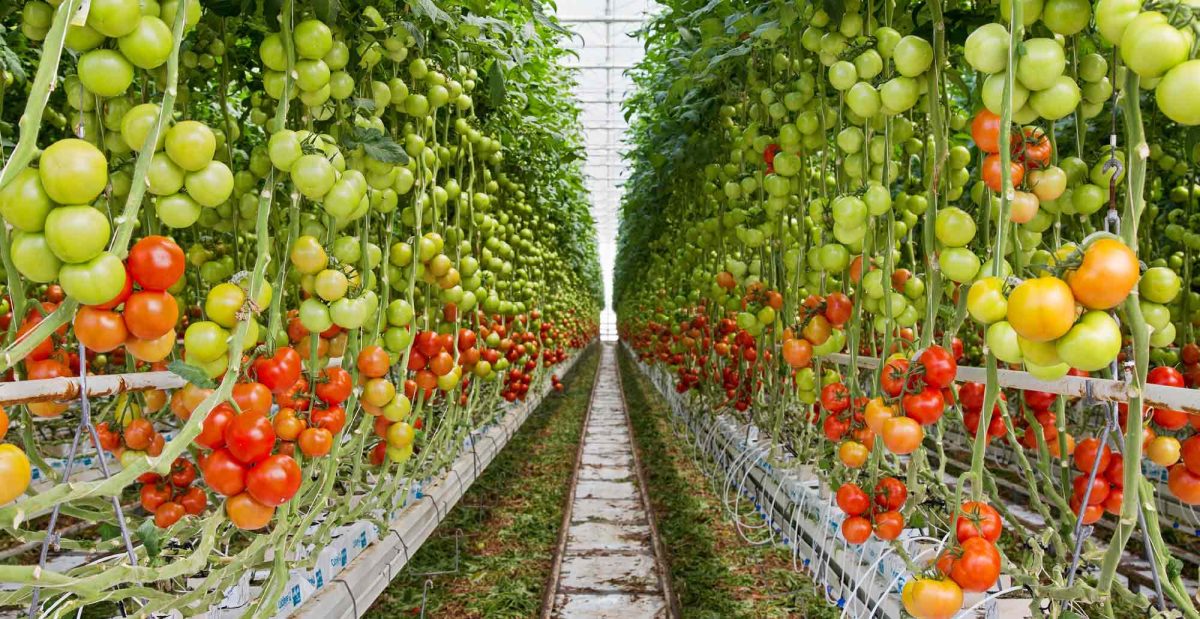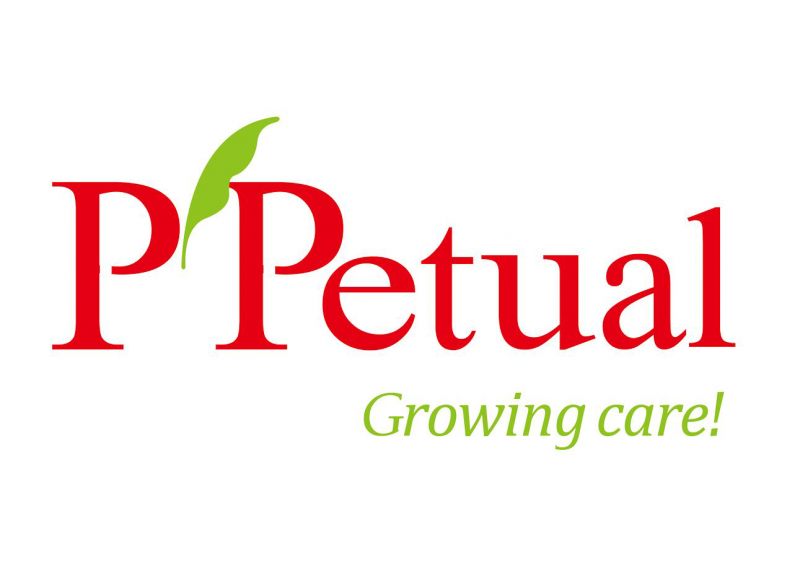Challenge
Horticulture is one of Australia’s most labour intensive agricultural sectors. Labour accounts for a significant portion of crop production costs, particularly in tasks such as monitoring, harvesting and pollination. This is particularly true for indoor growers, who often must resort to manual pollination due to the low numbers of natural pollinators in Australia.
Solution
Future Food Systems (FFS) facilitated a groundbreaking collaboration between P’Petual Holdings and Queensland University of Technology’s Robotics team. This partnership resulted in the development of an innovative, fully automated mobile system for indoor pollination, spearheaded by Dr. Chris Lehnert and his team at QUT.
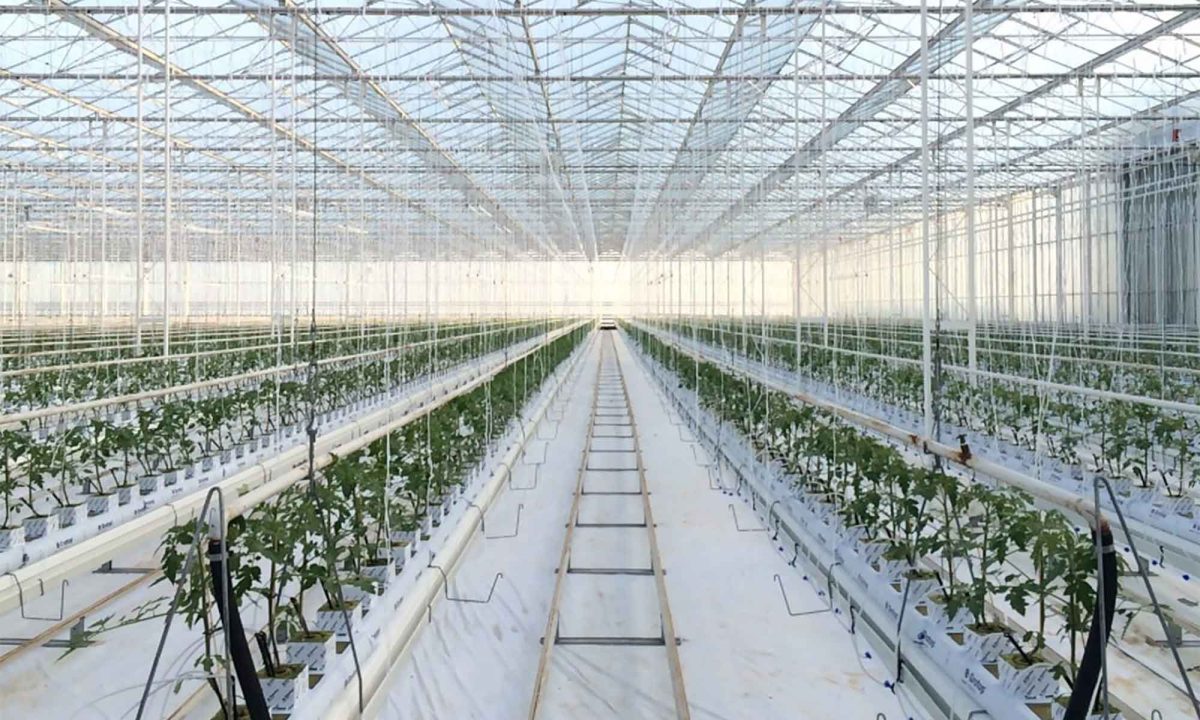
Credit: P’Petual Holdings
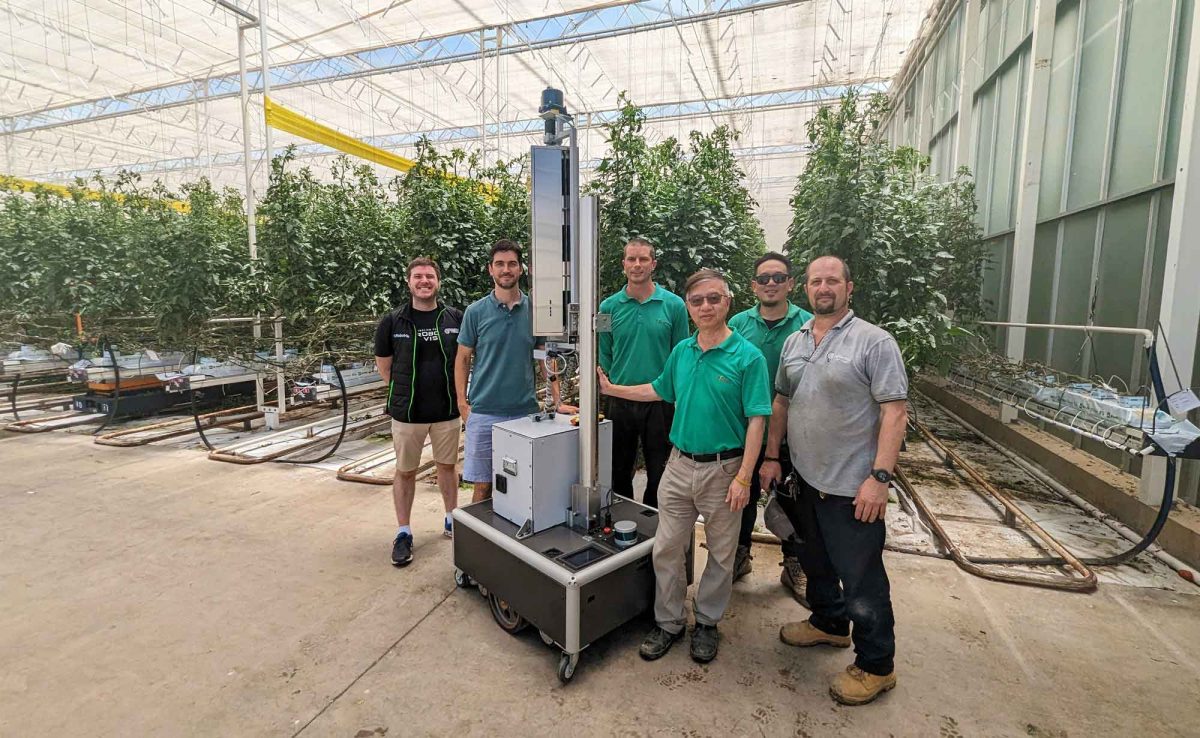
The project team in the P’Petual glasshouse with the platform and P’Petual’s pollination equipment attached to it. L-R: John Skinner (Research Fellow, QUT), Chris Lehnert (project lead, QUT), Nick Goode (P’Petual), Henry Liu (P’Petual), Dennis and Enricho (P’Petual / EMP Electrical Services). Credit: Dr Chris Lehnert
Impact
The resulting automated mobile greenhouse pollination system not only met immediate needs but opened doors to a wide array of applications within indoor horticulture and beyond. Integrated seamlessly into P’Petual’s operations, it reduces human intervention, saving time and costs while demonstrating impressive energy efficiency and adaptability to renewable sources. P’Petual’s decision to sell the system’s intellectual property has fueled their business expansion, supported by FFS’s streamlined funding processes and expert guidance from QUT.
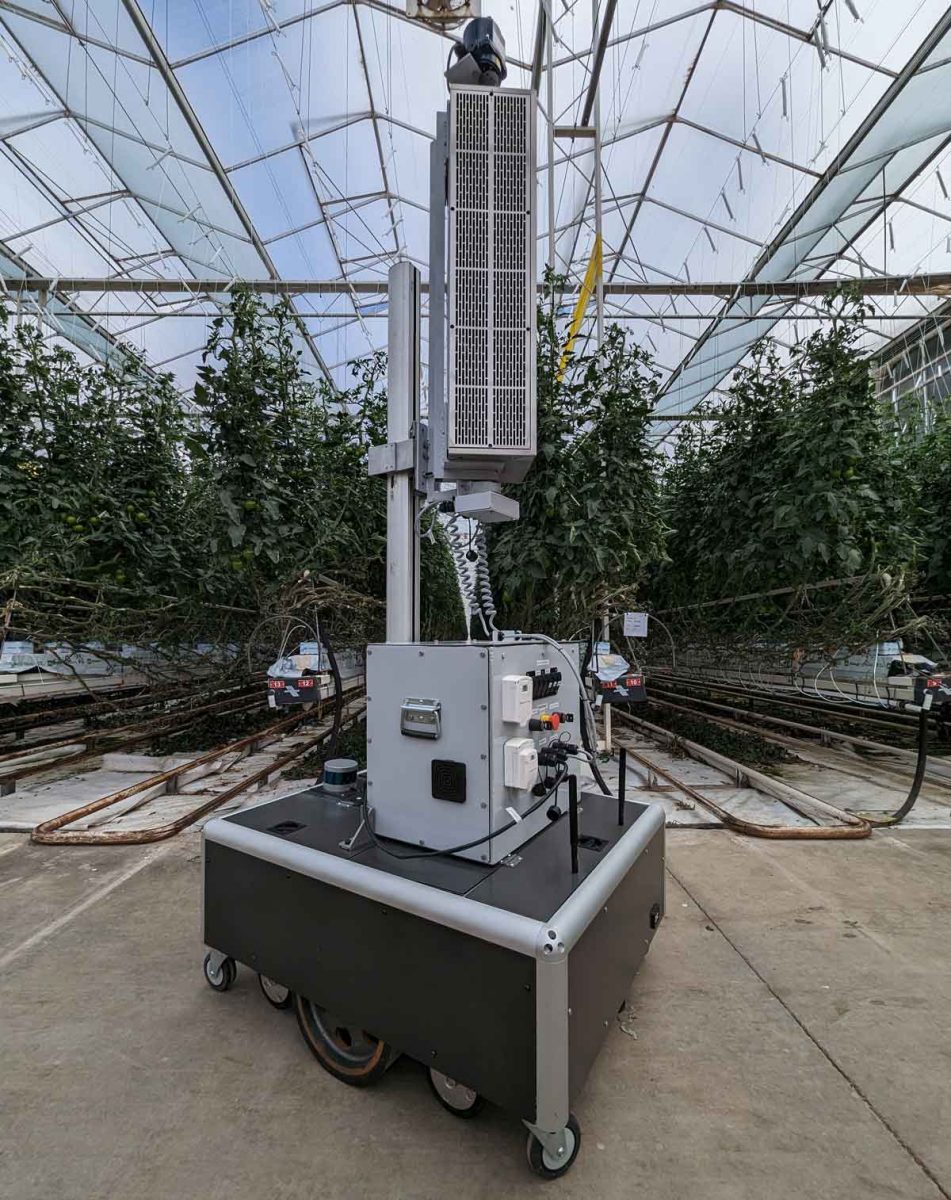
Credit: Dr Chris Lehnert
Future prospects
Dr. Lehnert envisions expanding the platform’s capabilities to encompass various robotic applications, potentially revolutionising agricultural tasks like monitoring, harvesting, and pest detection. Excitingly, two commercial partners are exploring collaborations to bring this technology to market, underscoring its industry impact. Additionally, upcoming academic publications by Dr. Lehnert and Dr. John Skinner promise to advance agricultural robotics research significantly.
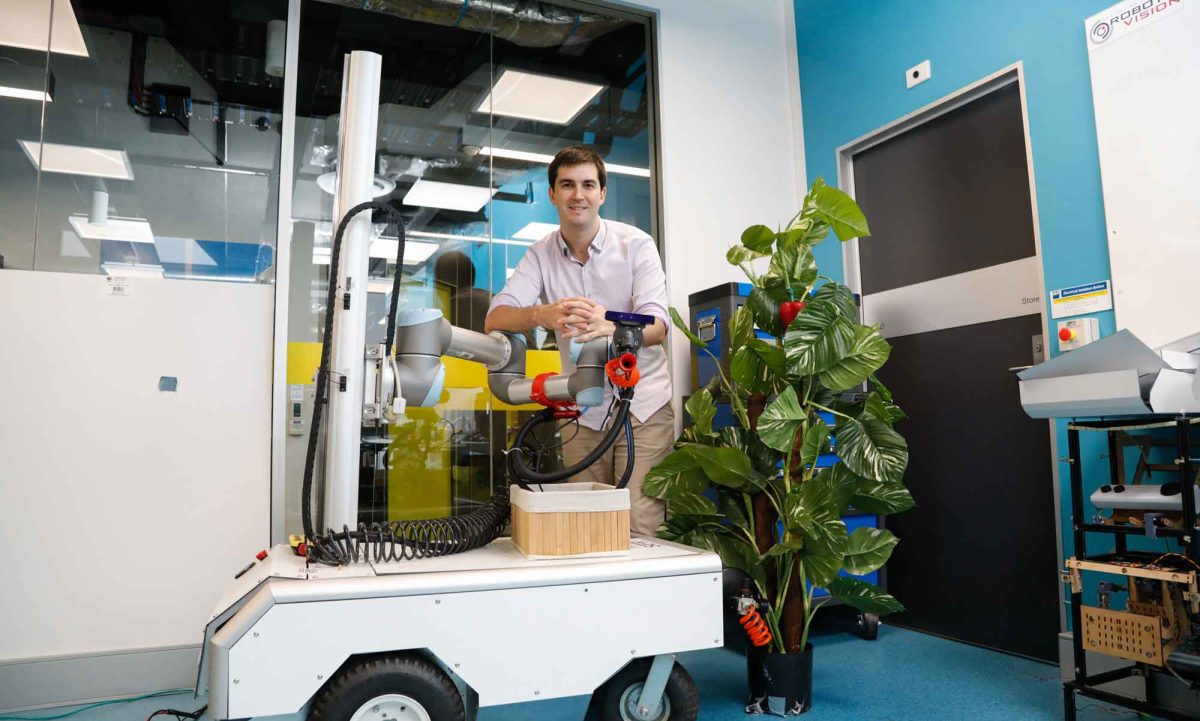
Dr Lehnert with capsicum-harvesting robot Harvey. Credit: QUT


